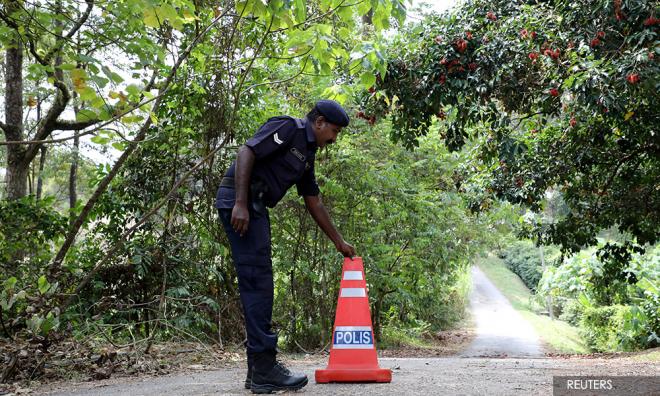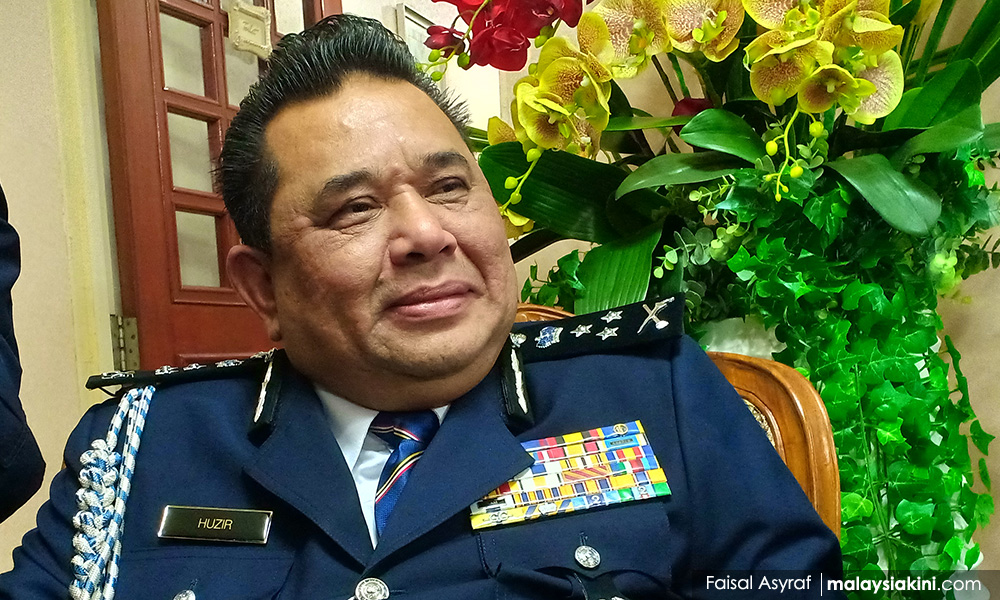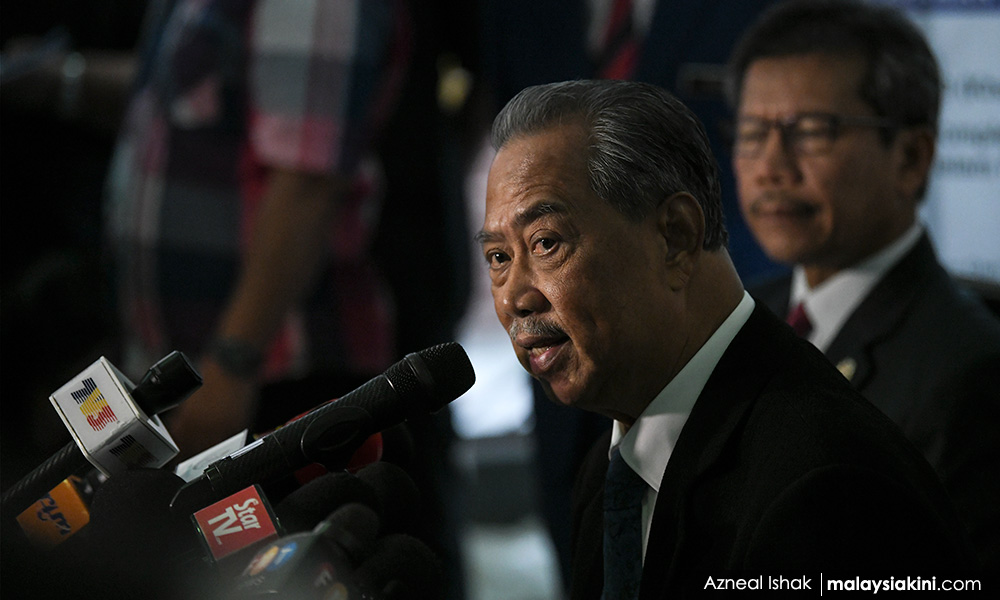
The seventies saw the proliferation of pinball parlours and massage centres in Petaling Jaya. Some were licenced but most were operating illegally.
The police chief in 1977, Anthony Petrus, immediately summoned senior officers from the then Petaling Jaya Municipality and ordered them to close all unlicensed outlets.
His directive was on these lines: “They are all linked to drugs and gangsters. If you don’t close them down, the police will! When the licences of those legal ones expire, don’t renew them. No more licences for pubs on the upper floors. If there is any trouble, it will be disastrous.”
As a young reporter, I attended the meeting and Petrus thundered that he would clean up the town in three months. It was and is still the usual practice for illegal joints to reopen a couple of weeks after each raid, but Petrus would have none of that.
When they reopened, he stationed two uniformed policemen at the entrance. Whoever enters these outlets -- patrons and staff -- were required to produce their identity cards and their particulars were taken down. Patronage dropped to almost zero and the outlets closed for good.
“Prevention is better than cure,” Petrus charged when a delegation of political party leaders demanded that he “stop the harassment”. He gave them a mouthful and asked if they would agree to allow their daughters to work as masseuses.
A policeman, he reasoned, has every right to ask for the identity card of anyone and failure to do so was an offence. End of chapter and the operation was a success.
Petrus passed on in 2008 but his actions which brought about the desired results have to be narrated in view of the police announcing that operations against vice activities resulted in the arrest of 10,002 local and foreign women who were found to be involved in prostitution in seven states from January to October this year.

CID director Huzir Mohamed (above) said 2,633 raids were conducted in the six states and the Federal Territory involving 1,686 bars, 802 karaoke centres and 145 night clubs.
Huzir did not disclose the breakdown indicating how many of these outlets were licenced. If they were, then they would have breached the conditions (employment of illegal foreign workers, vice activities, which includes soliciting in the premises) etc. If they were operating without a valid licence, the easiest thing will be getting the local authority to order its closure.
We must congratulate the anti-vice unit for the stellar job, but did anyone check how many of these 2,633 outlets were still operating with women – foreign and local – in their outlets.
Despite these raids, there are many outlets which blatantly disregard the law by illegally employing foreign women. Why? Apparently, there is no fear for the law and there has been no deterrent – legal or otherwise – to dissuade them from doing so.
But what happens after these raids? How many of them were closed or ceased operations? How many of the operators were prosecuted?
Now, what happens to those arrested? How many of them are charged? How many are deported? The absence of these details seem to suggest that the authorities take it that the problem is solved if not contained by merely carrying out the arrests. What about the owners and operators who have breached the law by employing undocumented workers? Some of them could be victims of human trafficking and there have been instances when those arrested entered the country clandestinely with the help of crooked law enforcement officers.
The easy way out is to send them back but they could provide useful leads as to how they ended up in such places in the first place.
Malaysia stayed in the Tier 2 Watch List in the 2019 Trafficking in Persons report produced by the US State Department saying that the Malaysian government did not fully meet the minimum standards for the elimination of trafficking, but is making significant efforts to do so.
“However, the government did not demonstrate overall increasing efforts compared with the previous year,” said the report which was released on June 20.
The report said the efforts made by Malaysia included convicting slightly more traffickers, issuing a significant number of passes for the victims' freedom of movement from shelters and establishing an additional shelter for adult female trafficking victims, although it had not yet served victims.
But the report had one telling message: “Corruption related to processes for foreign nationals to work in Malaysia remained pervasive and the government did not report initiating new prosecutions or convicting any complicit officials during the reporting period.”
Could we at least start prosecuting not only the operators but also other individuals (enforcement official included) for their roles in the network that is involved in this scandalous, ignominious and dishonourable conduct?
Last week, the Singapore High Court’s conviction of a couple for trafficking three Bangladeshi women into the republic made headlines. The couple, who ran nightclubs, were found guilty of exploiting their three workers -- even coaxing one of them into prostituting herself.
Indian nationals Priyanka Bhattacharya Rajesh, 31, and Malkar Savlaram Anant, 51, were found guilty on three counts of abusing their power to exploit their employees by various means including verbal abuse, onerous financial penalties and controlling their movements. They were also found guilty of three prostitution-related offences.
Surely, among those arrested by local police, there will be women who endured the same treatment. Instead of just marching them to the immigration detention centres while waiting to be sent home, some effort must be made to identify the people who may have trafficked them for vice.

In August, Home Affairs Minister Muhyiddin Yassin (above) said the government was considering more effective laws, rules and policies in its fight against human trafficking.
He also acknowledged the need to strengthen cooperation among government agencies, civil society organisations and international institutions in anti-trafficking efforts.
But how long will these take? In seven months’ time, the US State Department will issue their 2020 report and Malaysia should not be languishing in the second tier. More affirmative action is needed to act against all involved in human trafficking.
R. NADESWARAN says the police sometimes have to use unorthodox methods in their fight against crime. Comments: citizen.nades22@gmail.com - Mkini



No comments:
Post a Comment
Note: Only a member of this blog may post a comment.